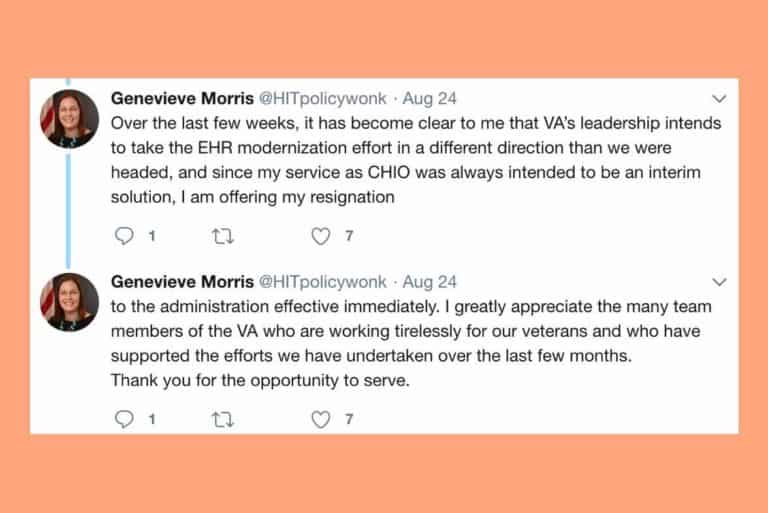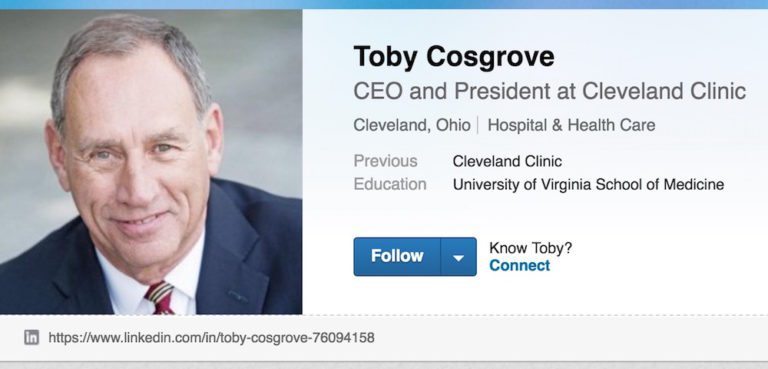Behind the VA Nursing Career: Balancing Benefits and Systemic Challenges
Nurses play a pivotal role in the Department of Veterans Affairs (VA) healthcare system, often being the frontline providers of care to veterans. However, while the VA champions its nursing staff’s commitment and perseverance, it’s essential to look beyond the surface and examine the broader context of a nursing career at the VA.
Demanding Work, Significant Benefits?
VA nurses are frequently lauded for their dedication, yet the work’s demanding nature cannot be overlooked. The VA offers several employment benefits to offset the challenges, including up to 26 days of paid leave, 13 sick days annually, and 11 paid federal holidays each year, along with 12 weeks of parental leave. These benefits aim to provide a balanced work-life dynamic, though some might argue they are necessary to manage the high stress levels inherent in the job.
Health and Retirement: A Closer Look
The VA provides federal insurance programs and various healthcare plans covering preexisting conditions, with the VA covering 75% of health premiums. Additionally, the Federal Employees Retirement System (FERS) allows tax-deferred income contributions, akin to a 401(k), with an automatic 1% government contribution. While these perks are attractive, potential applicants should consider whether these benefits sufficiently address the unique pressures faced by VA nurses.
Freedom from Constraints?
One of the touted advantages of working at the VA is the ability to prioritize patient care without the constraints often found in other healthcare settings. However, it’s crucial to scrutinize this claim critically. The VA has been under scrutiny for systemic issues that can impede the delivery of quality care, such as bureaucratic red tape and underfunding. Nurses entering this system must navigate these challenges to ensure veterans receive the care they deserve.
The Path Forward
For those passionate about healthcare and veteran support, the VA offers a unique and potentially rewarding career path. However, it’s vital to approach this opportunity with a clear understanding of the job’s demands and the systemic issues within the VA. Aspiring VA nurses should weigh the benefits against the potential challenges and consider how they will advocate for and implement meaningful improvements within the system.
FAQs
What are the primary benefits of a nursing career at the VA?
The VA offers up to 26 days of paid leave, 13 sick days annually, 11 paid federal holidays, 12 weeks of parental leave, federal insurance programs, and the Federal Employees Retirement System (FERS) for retirement planning.
What challenges do VA nurses face?
VA nurses often encounter high stress levels due to demanding work, bureaucratic inefficiencies, and systemic issues such as underfunding and resource constraints.
How does the VA support nurses in managing work-life balance?
The VA provides substantial leave benefits and flexible scheduling options to help nurses balance their professional and personal lives.
Are preexisting conditions covered under VA health plans?
Yes, the VA’s health plans cover preexisting conditions, with the VA covering 75% of health premiums.
What should aspiring VA nurses consider before applying?
Prospective VA nurses should consider the demanding nature of the work, the systemic challenges within the VA, and whether the offered benefits sufficiently mitigate these factors to ensure a rewarding career.





The systemic challenges at VA: Routine denial of care, politicized psychology (crime against humanity,) warring VISNs, bottom of the barrel coworkers, incompetence, pissed off veterans sick of all the bullshit, propaganda, lack of accountability, character assassination, lies, inefficiency, “lack of funding” no matter how much they’re given…all this is a crime against this great nation.